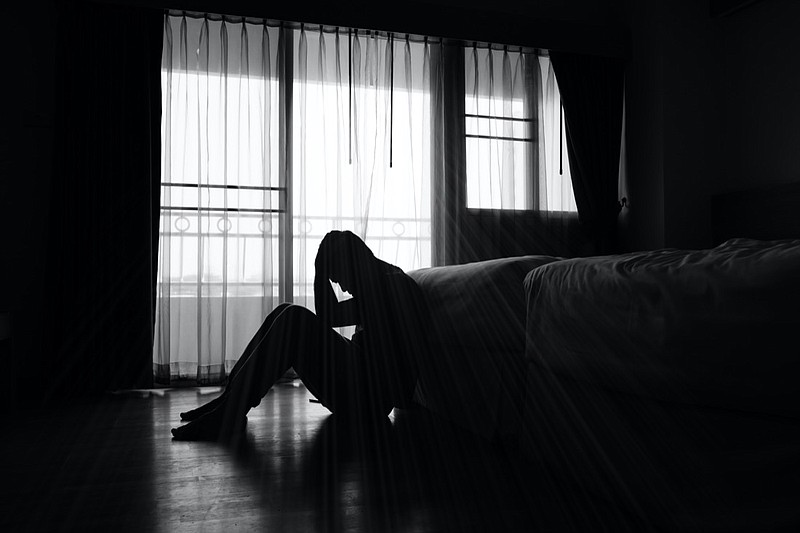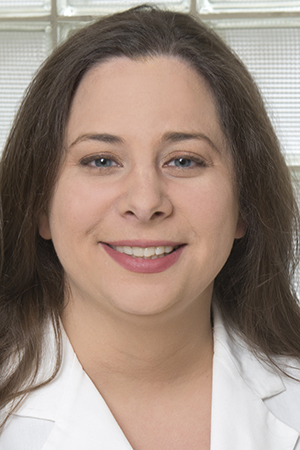Q: My dad has been really down for the past few months. Is depression common as people get older?
A: Depression is not a normal part of aging. It's true that changes later in life can cause feelings of sadness, stress and isolation. The death of a loved one or dealing with a serious illness can take its toll, leaving people feeling sad or anxious. Living on a fixed income or having limited access to transportation can also be a challenge. It's normal to experience these feelings in light of difficult situations. But when you fail to regain emotional balance, depression can set in.
Older adults are at an increased risk of developing depression because they are more likely to have at least one chronic condition and especially so when those conditions limit their function and ability to get around easily. It's also often underdiagnosed because patients don't recognize their symptoms or think it's just part of life.
It may be difficult to recognize the symptoms of depression in older adults or in yourself. In addition to sadness or anxiety, symptoms of depression include feelings of hopelessness, guilt, irritability, restlessness, fatigue, difficulty concentrating or making decisions and a loss of interest in activities you once enjoyed.
Regular exercise, proper nutrition and adequate sleep can help combat depression's effects, but sometimes medical intervention is needed. The good news is that most people see a quick improvement in the symptoms of depression when treated with anti-depressants, therapy or a combination of these services.
Alycia Cleinman, M.D., is a geriatrician at the CHI Memorial Center for Healthy Aging and a member of the Chattanooga-Hamilton County Medical Society.

